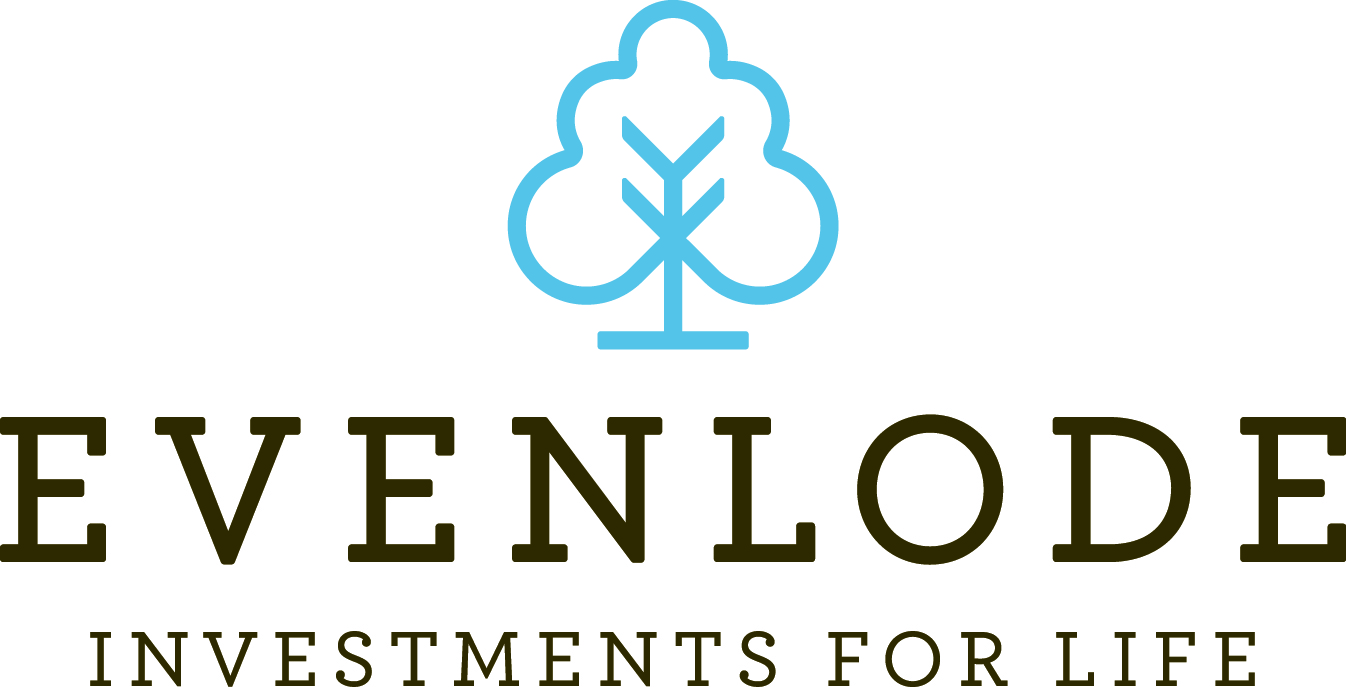

Evenlode Investment Management Ltd

Oxfordshire, United Kingdom
April 2024
Investment advising
Service with Minor Environmental Footprint
United Kingdom
Evenlode Investment manages portfolios of high-quality listed companies with sustainable competitive advantages and strong cash flows. Evenlode’s aim is to provide a consistent, high-quality investment service to its clients over the very long-term, building good relationships and communicating clearly along the way. The business was founded in 2009, is based in the North Cotswolds, and manages over £5bn of client money across three strategies. It is an independent, employee-owned company, with social and environmental impact considerations embedded into the way it manages both the company and its investment funds. Evenlode encourages a collegiate, team-based culture and aims to provide an environment in which its team can develop and thrive over time. The company views intellectual curiosity, a willingness to develop new ideas and the free flow of information across the team as crucial to its success. The firm has its own philanthropic foundation - The Evenlode Foundation - which invests in charitable and early-stage organisations that address both local and global problems, focusing on nature, inequality, science, education and sustainability.
Overall B Impact Score
Governance 21.6
Governance evaluates a company's overall mission, engagement around its social/environmental impact, ethics, and transparency. This section also evaluates the ability of a company to protect their mission and formally consider stakeholders in decision making through their corporate structure (e.g. benefit corporation) or corporate governing documents.
What is this? A company with an Impact Business Model is intentionally designed to create a specific positive outcome for one of its stakeholders - such as workers, community, environment, or customers.
Workers 68.5
Workers evaluates a company’s contributions to its employees’ financial security, health & safety, wellness, career development, and engagement & satisfaction. In addition, this section recognizes business models designed to benefit workers, such as companies that are at least 40% owned by non-executive employees and those that have workforce development programs to support individuals with barriers to employment.
What is this? A company with an Impact Business Model is intentionally designed to create a specific positive outcome for one of its stakeholders - such as workers, community, environment, or customers.
Community 15.9
Community evaluates a company’s engagement with and impact on the communities in which it operates, hires from, and sources from. Topics include diversity, equity & inclusion, economic impact, civic engagement, charitable giving, and supply chain management. In addition, this section recognizes business models that are designed to address specific community-oriented problems, such as poverty alleviation through fair trade sourcing or distribution via microenterprises, producer cooperative models, locally focused economic development, and formal charitable giving commitments.
Environment 6.1
Environment evaluates a company’s overall environmental management practices as well as its impact on the air, climate, water, land, and biodiversity. This includes the direct impact of a company’s operations and, when applicable its supply chain and distribution channels. This section also recognizes companies with environmentally innovative production processes and those that sell products or services that have a positive environmental impact. Some examples might include products and services that create renewable energy, reduce consumption or waste, conserve land or wildlife, provide less toxic alternatives to the market, or educate people about environmental problems.
Customers 38.9
Customers evaluates a company’s stewardship of its customers through the quality of its products and services, ethical marketing, data privacy and security, and feedback channels. In addition, this section recognizes products or services that are designed to address a particular social problem for or through its customers, such as health or educational products, arts & media products, serving underserved customers/clients, and services that improve the social impact of other businesses or organizations.
What is this? A company with an Impact Business Model is intentionally designed to create a specific positive outcome for one of its stakeholders - such as workers, community, environment, or customers.